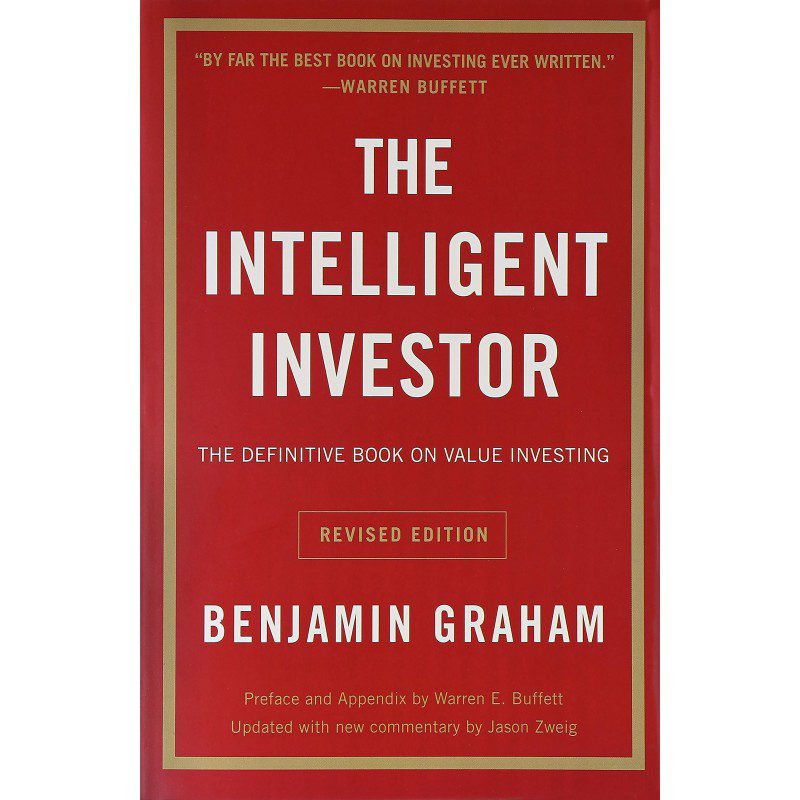Gold has always held a special place when it comes to investing. Gold is not just trusted to gain value over time but is also known for offering quick liquidity, which is why it has been a preferred investment choice for years.
But if you are still wondering why gold is a good investment, then you have just landed at the right place. While safety, liquidity, and diversification are key reasons, there are more. So, read this guide to know the top 10 reasons to invest in gold.
Top 10 Reasons to Invest in Gold
Gold has remained a timeless asset, trusted by investors for generations. It has consistently delivered significant value and has steadily appreciated over time. Beyond its potential for wealth creation, gold also offers stability and assurance, making it a unique and reliable investment choice.
Before you invest, let’s understand what truly sets gold apart. Here are the top 10 reasons to invest in gold.
1. Gold Offers High Liquidity
One of the biggest reasons to invest in gold is its high liquidity. This means you can easily sell it and get cash whenever you need it. Whether it’s in the form of jewelry, coins, or digital gold, there’s always a buyer ready to purchase and provide you with instant cash.
You don’t have to wait for days or worry about losing value during the sale. While many other assets come with a lock-in period, there is no such thing with gold. So this allows you to meet emergency needs easily by raising money.
This makes it a great option during emergencies or paying off unexpected expenses. With gold, you’re not just investing in an asset that will increase in value but an asset that can offer you precious liquidity in desperate times.
2. Gold Offers Protection Against Inflation
Prices of general goods are consistently rising, impacting people’s overall purchasing capacity, thereby reducing the value of money. This is called inflation. While your savings in the bank may lose value in the long run, gold tends to move in the opposite direction.
When inflation goes up, gold prices usually rise too. That’s why many people turn to gold as it helps protect their money’s worth. By investing in gold, you can maintain your living standards in future as it acts as a good inflation hedge.
3. Gold Adds Balance to Your Portfolio
Every smart investor knows the importance of not putting all their money in one place. That’s where gold comes in. Unlike stocks or mutual funds, gold often moves independently of the stock market. This means its value doesn’t always decline when markets fall, providing valuable protection during downturns.
This helps reduce overall risk in your portfolio. By adding gold, you create a better balance between high-risk and low-risk assets. It works as a cushion during the market downturns.
4. Gold is a Tangible Asset You Can Trust
Gold is a tangible asset that you can see, touch, and feel. Unlike stocks and mutual funds, it has a physical presence. This characteristic makes investing in gold feel more secure, especially during times when digital assets or markets feel uncertain. You don’t need to depend on any company or institution for gold to hold its value. You can also pass down gold through the generations.
It can be in the form of coins, bars, or jewelry. Also, this is one of the reasons you get a sense of ownership and trust when you hold gold as an asset. It’s simple, solid, and always valuable.
5. Gold is a Safe Haven During Uncertain Times
Financial crises and market downturns can happen unexpectedly. In such situations, gold acts as a safe haven asset. It can even be pledged or mortgaged to access much-needed funds during emergencies.
In fact, many people turn to investing in gold when they are unsure of the future trends in the market. This stability and trust are the major reasons why gold stands out during a crisis.
Investing in gold can ensure that your money is safe. Even if the gold prices fall, you have an asset that you can sell at a favorable time to generate funds.
6. Gold Gives Steady Returns Over the Long Term
Gold grows in value over time. Unlike stocks, which can deliver substantial gains overnight, gold requires patience and long-term perspective.
So, gold offers returns gradually and not quickly, making it ideal for long-term financial goals, such as saving for your retirement or child’s educational expenses. This is one of the reasons why many investors put money in gold.
7. Gold can be Bought in Many Forms
Initially, investing in gold meant buying physical gold. But now the times have changed greatly and you can invest in digital gold, ETFs, or even mutual funds with underlying assets as gold.
Different options suit different investors as gold ETFs don’t require you to store gold physically and save on storage costs. However, their risk and return remain consistent to a certain extent. This is a flexibility that all investors prefer, making it one of the primary reasons why many investors go for gold.
8. Gold is Globally Accepted
Gold is one of the few assets that hold value no matter where you are in the world. If you have gold jewelry, you can trade it anywhere to generate funds to meet your needs.
It’s recognized by central banks, financial institutions, and individual investors worldwide. So, when you invest in gold, you are actually investing in an asset accepted everywhere.
9. Gold Helps in Wealth Creation and Risk Reduction
One of the primary aims of investing is to create wealth with reduced risk. This is where gold is one of the top choices. It grows steadily over time and also secures your investment.
At the same time, gold helps reduce the overall risk in your portfolio. It performs well during market downturns. This adds stability when other investments are volatile. This mix of risk and return makes it suitable for nearly all investors.
So, whether you are an aggressive or passive investor, gold can be a good investment choice. This will help to grow your portfolio over time.
10. Gold is Culturally Trusted and Emotionally Valued
In India, gold is more than just an investment as it’s deeply woven into tradition and family life. It plays a significant role in festivals, weddings, and important milestones, symbolizing prosperity and good fortune.
This cultural importance keeps gold in constant demand, helping it maintain and even grow in value over time. People feel secure owning gold because it carries both emotional and financial significance. This emotional connection makes gold a preferred choice for many investors.
So, if you wish to have an investment that carries some meaning, gold is your choice.
Conclusion
Still, wondering why is gold a good investment? Well, while we have discussed so many reasons here, the most important are liquidity and stability. Gold offers growth and ensures that you have access to funds even in the worst times. This is why gold can be considered as a perfect asset for long-term financial objectives.
Want to invest in gold? With Pocketful, you can explore various gold ETFs—all in one place. Start investing in gold with Pocketful today and take a smarter step toward financial security.
| S.NO. | Check Out These Interesting Posts You Might Enjoy! |
|---|---|
| 1 | How to Invest in Gold ETF – Benefits, Risks and Charges |
| 2 | What is Gold ETF? Meaning & How to Invest Guide |
| 3 | A Guide To Investing In Gold In India |
| 4 | Types of Investment in the Stock Market |
| 5 | Gold Investment: How to Invest in Gold in India? |
Frequently Asked Questions (FAQs)
Why is gold considered a safe investment?
Gold holds its value during uncertain times. Unlike stocks, it’s less affected by market crashes or inflation. This makes it a reliable investment option for protecting your wealth.
What are the best ways to invest in gold today?
You can invest in gold in physical forms by buying coins and jewelry or through digital options like gold ETFs, Sovereign Gold Bonds, futures and options, etc. These options offer flexibility and safety both.
How much of my portfolio should be in gold?
Experts usually recommend keeping 5–15% of your total portfolio in gold. It helps balance risk without significantly affecting overall growth potential.
Does gold give a regular income like stocks or bonds?
Physical gold does not provide regular income. However, there are options like Sovereign Gold Bonds that offer annual interest along with price appreciation at maturity.
Is gold a good long-term investment?
Yes, gold is an ideal investment for achieving long-term goals as it grows steadily over time and protects against inflation. All this offers investors peace of mind even during economic downturns.




















